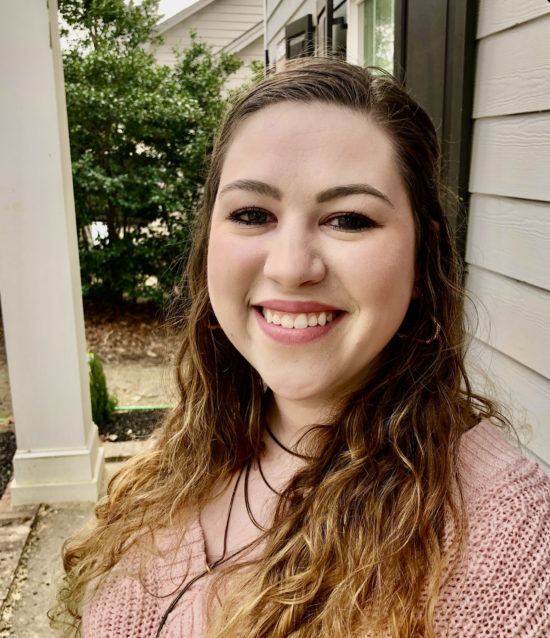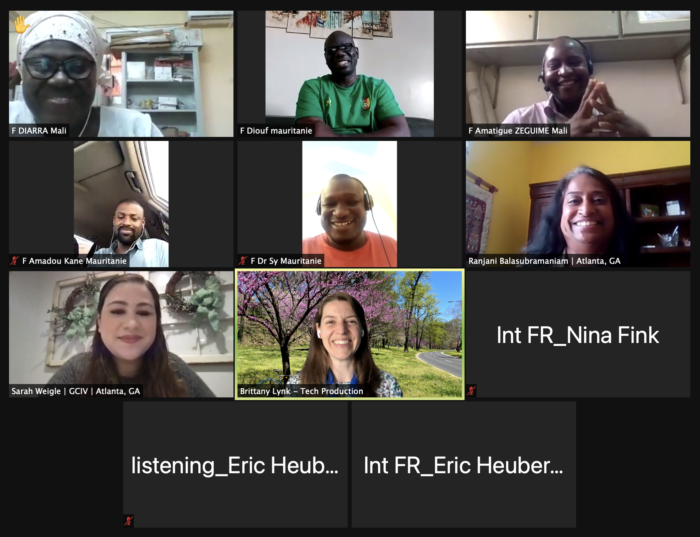By Sarah Weigle
Program Coordinator, Georgia Council for International Visitors

When the Global Ties Network switched to virtual programming, we at Georgia Council for International Visitors asked, “How do we show off our city and connect our communities to visitors in a virtual setting?”
We’ve answered the first part of our question by creating a Google Site, which allows visitors to virtually “explore” Atlanta and supplement their program welcome packet. We compiled YouTube videos, pictures, articles, and facts about Atlanta. We also researched, and reached out to, different museums and cultural resources around Atlanta to see if they could provide us with virtual tours or materials. When the pandemic started, the City of Atlanta put together a virtual field trip campaign featuring different museums and activities for students.
Though these resources were marketed towards students, they could truly be enjoyed by people of all ages. For example, the Georgia Aquarium hosted a virtual field trip to show students how they feed whale sharks. While these activities cannot replace an in-person experience, they allow our visitors to see and experience Atlanta.
The second part of the question – how to connect our community to visitors – has been harder for us to answer. We are now implementing more home hospitalities and community events and have found the following practices to work best for us:
- Designating a staff member to provide technical support and facilitate discussions along with the community host.
- Using Google Forms to gather details on availability and preferences from interested home hospitality host to match them individually with projects that fit their schedules. We’ve added this form to our newsletters to allow sign-ups at any time, providing us with a bank of hosts to match to projects.
- Showing a PowerPoint with pictures and a short video at the beginning of each home hospitality event to get visitors into the Atlanta mindset. We also add a map showing our host(s) locations, my home location, and our office locations so they can see where we are located. These practices have allowed us to create a wonderful informal virtual experience with the visitors and host.

IVLP participants from an Africa regional project on combatting infectious disease talk about their families and where to visit in their countries during a virtual home hospitality visit.
When talking with others in the Network, I would hear someone say something and tweak it to fit what we needed or could do. I hope other Community-Based Members can take something from this and create a discussion in the organization.
Virtual programming allows us to experiment and be creative. These best practices are not something we found overnight, but through trial and error, trying something new, and most importantly talking to others in the Network.
